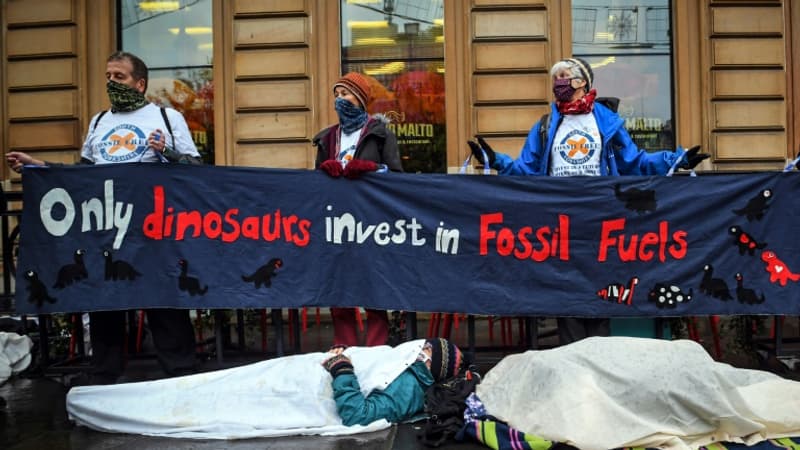“This year we are prioritizing participation over arrests, relationships over blockades.” The network of environmental activists, Extinction Rebellion, announced this Sunday, January 1, in a press release a change in strategy and a resolution, presented as “temporary” for 2023, by suspending its actions of blockades and civil disobedience.
Its activists have been shown on several occasions sticking to the roads or planes to block traffic to denounce what they describe as government inaction on climate change. At the end of August, London’s iconic Tower Bridge Weighbridge was blocked again.
The group announces that it has taken by 2023 the “controversial resolution to temporarily move away from disturbances of public space as its main tactic.” He recognizes “the power of riots to sound the alarm” but says they are “necessary” to evolve and above all he wants to “disturb the abuse of power” by putting pressure on the political class to end the use of fossil fuels.
Extinction Rebellion prefers to mobilize for a large demonstration against government inaction scheduled for April 21 in front of the British Parliament, hoping to gather 100,000 people.
Extinction Rebellion’s actions have often been controversial, and the group angered some of the public, conservative power, and much of the press by attacking the public. Many activists have been arrested during these actions and the government plans to further strengthen the right to demonstrate.
At the same time, Extinction Rebellion was overtaken by the rise of even more radical groups like Just Stop Oil or Insulate Britain, who blocked London’s ring road or doused van Gogh’s masterpiece “Sunflowers” with soup in October at the Gallery. London National.
Source: BFM TV


